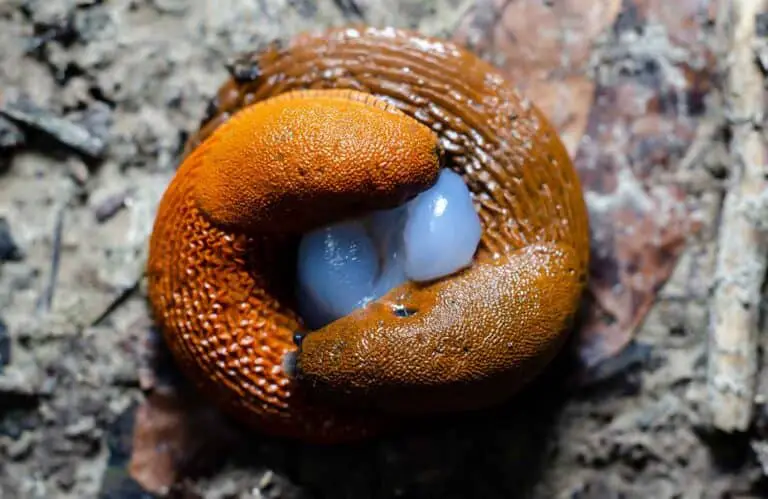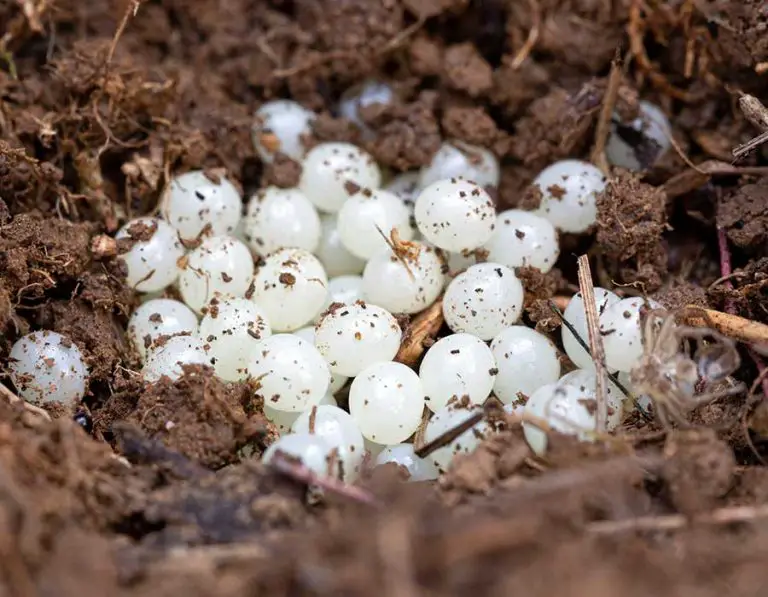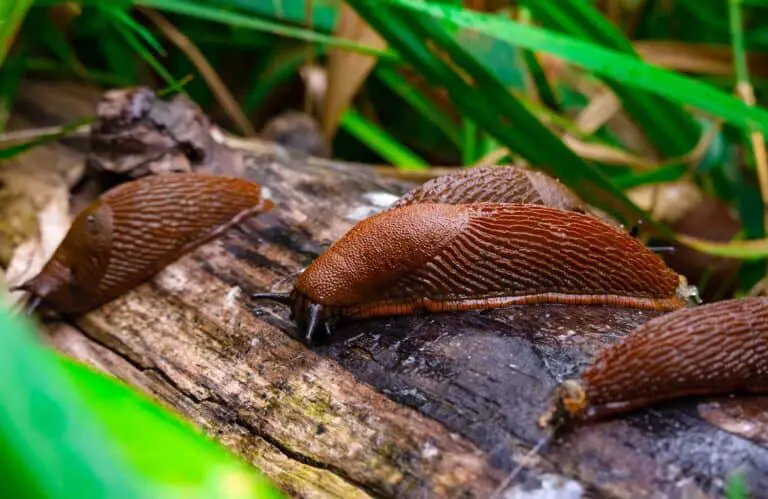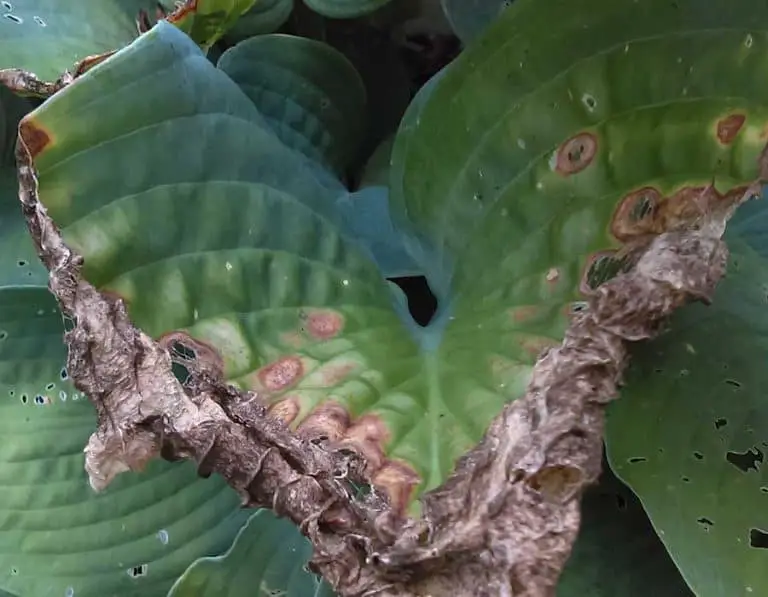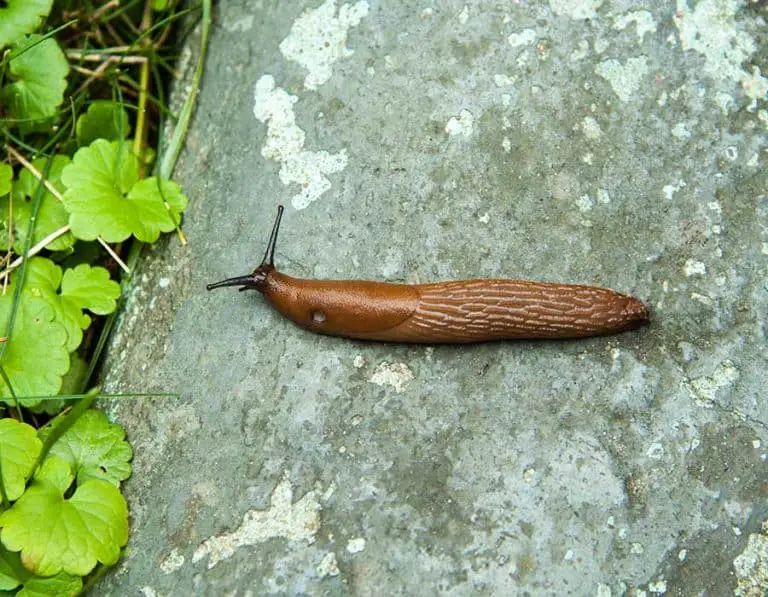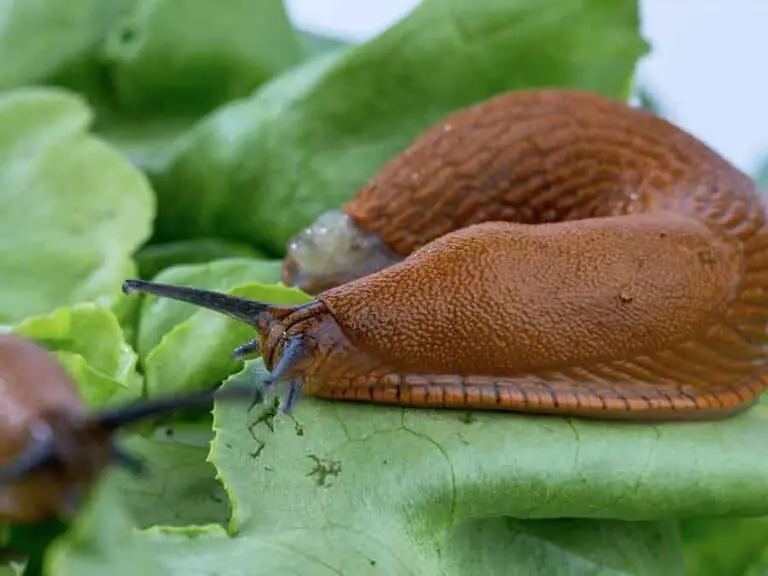How Long Do Slugs Live?
Amazing creatures known as slugs can be found in a range of global settings. How lengthy are the lives of these slimy mollusks typically? They are well known for their slow movements and unique appearance.
How old are slugs on average? The answer is dependent on a number of variables, however, the majority of specimens live for 12 to 18 months. Some species, however, can live for up to six years in exceptional circumstances.
Factors that Affect a Slug’s Lifespan
Several significant factors can affect how long a slug lives. Some of the most important include:
Slug species: Different slug species have different life cycles. Some species only have a few months of life, while others may live for many years.
The environment: A slug’s lifespan is influenced by its surroundings. If slugs are exposed to harsh weather or have limited access to food and shelter, for example, they may have shorter lifespans than slugs living in more friendly environments.
Diet: The type and quality of a slug’s diet may also have an impact on how long it lives. Slugs with the ability to consume a range of healthful foods may live longer than those without it.
Predators: Slugs are preyed upon by a broad variety of animals, including birds, reptiles, and mammals. If a slug can avoid predators, it may live longer than those who are frequently preyed upon.
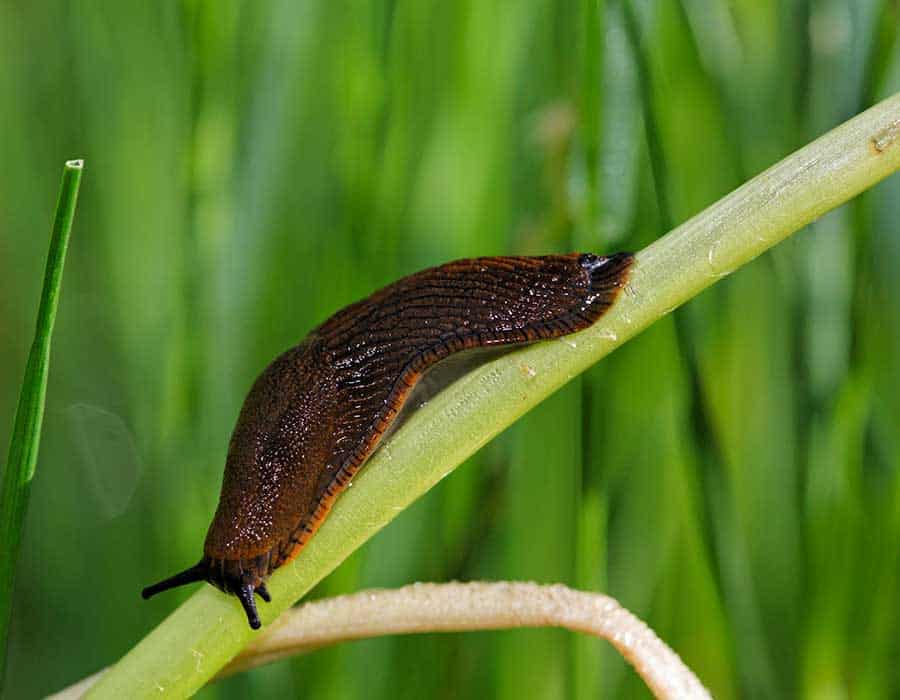
Average lifespan of a slug
Slugs often survive for 12 to 18 months. However, under the correct circumstances, certain species can live for up to six years. Slugs can live a long time if they can locate adequate food sources and shelter, but those who have trouble doing so may pass away sooner.
Slugs are intriguing animals with incredible adaptations that enable them to survive in a variety of settings.
Where Do They Live?
Slugs can be found in many different environments, such as cities, meadows, gardens, and even woods. Because they require moisture to survive, they love damp, humid environments. While some slug species prefer warm, tropical settings, others have evolved to survive in extremely chilly environments.
Slugs are often found in areas with a lot of flora since they are herbivorous and rely on plants for nutrition. They can also be found in areas that are frequently wet, such as those that are close to streams, ponds, or other bodies of water.
Slugs can be found in a variety of environments, however they are most usually found in moist, humid areas with rich vegetation.
How Frequently Do Slugs Procreate?
Slugs frequently reproduce throughout the course of their lives. They have the capacity to lay up to 100 eggs at once, which typically hatch into little slugs in two to four weeks. After several months, slugs become sexually mature and are then able to procreate, should they do not live long enough.
How Much Time Does a Slug Need to Develop?
Slugs quickly move on to the next phase of their lives after hatching from their eggs. They will be neonates for a few weeks, feeding on fungus and staying close to the area where they were born.
Then, if the climate is favorable, raised slugs continue their search for more. They won’t eat for several months if it’s too hot and instead will stay in their protected areas.
They quickly develop into the adult slug variety that you might be accustomed to from your garden from the juvenile stage. The power to procreate, lay eggs, and wreak serious havoc on your plants and flower beds has now been acquired by these slugs.
Slugs can take up to a year to reach full maturity and can increase in size from 5 cm to an astonishing 12 cm.
Can You Prevent Garden Slug Reproduction?
Yes, you can stop slugs from procreating in your yard through a variety of methods. The simplest strategy is to personally remove any slug eggs you find because doing so will cut down on their population and lessen the likelihood of damage.
Slugs enjoy damp, gloomy regions, therefore it’s essential to create an environment that is unfriendly to them. Raised beds and keeping the ground well-aerated and free of any detritus are two ways to reduce the appeal of your garden to slugs.
Additionally, you can deploy frogs and birds as natural predators to eat slugs in your garden and reduce their abundance.
Conclusion
In conclusion, a slug’s longevity can be influenced by a number of factors, including its species, environment, nutrition, and predation. The majority of slug species live for one to two years. It’s important to remember that each slug is unique and that its lifespan may vary depending on its particular habitat.

